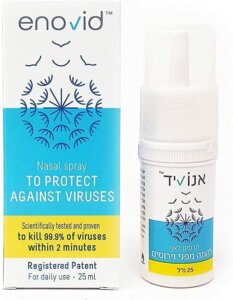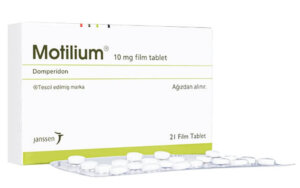For many decades there has been an awareness of mood disorders grouped under the title of PMADs, which describe changes that mothers undergo during and immediately after childbirth. Now, the new experiences brought on by the pandemic have thrown an extra light on the subject. Now we have been given some guidelines on how the outcomes can be better managed and how the disorders can be prevented in the first place.
Prior to the onset of the COVID-19 pandemic, according to the World Health Organization, the estimated incidence rates of women experiencing significant symptoms of depression and/or anxiety during the postpartum period (within a year of delivery) was between 10% and 15%. The first year of the pandemic saw that rate skyrocket, almost tripling to one-third of all new births.
Understanding PMADs
The broad group of perinatal mood and anxiety disorders (PMADs) includes pregnancy and postpartum depression, postpartum anxiety, and baby blues. They include a variety of moderate to severe mood and anxiety symptoms that usually require professional health treatment. The symptoms presented often include many of the following:- depressed mood
- severe anxiety attacks
- panic attacks
- insomnia and/or sleep disturbances
- appetite loss
- feelings of hopelessness or worthlessness
- suicidal thoughts
- loss of pleasure or joy – especially in sex
- lack of energy and motivation
- difficulty in functioning at the mental or physical usual levels
- inability to cope with life’s everyday demands
- rumination
- obsessive and disturbing thoughts.
















